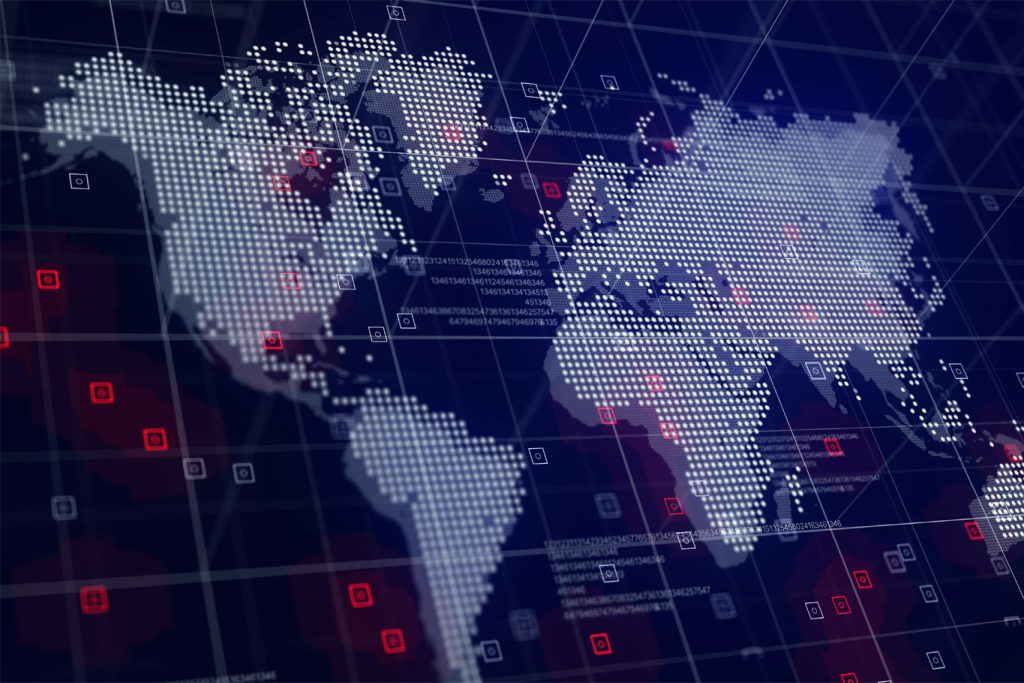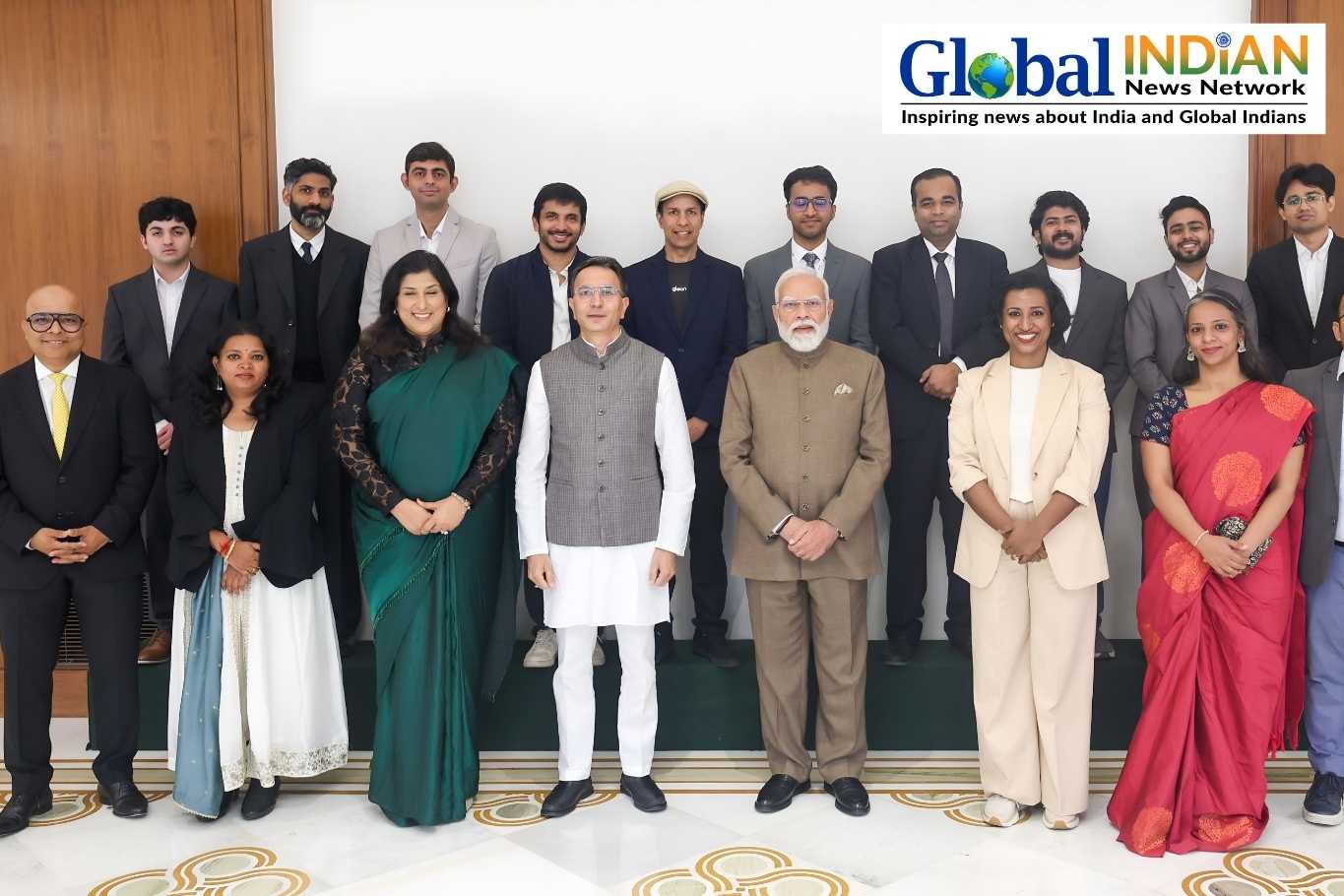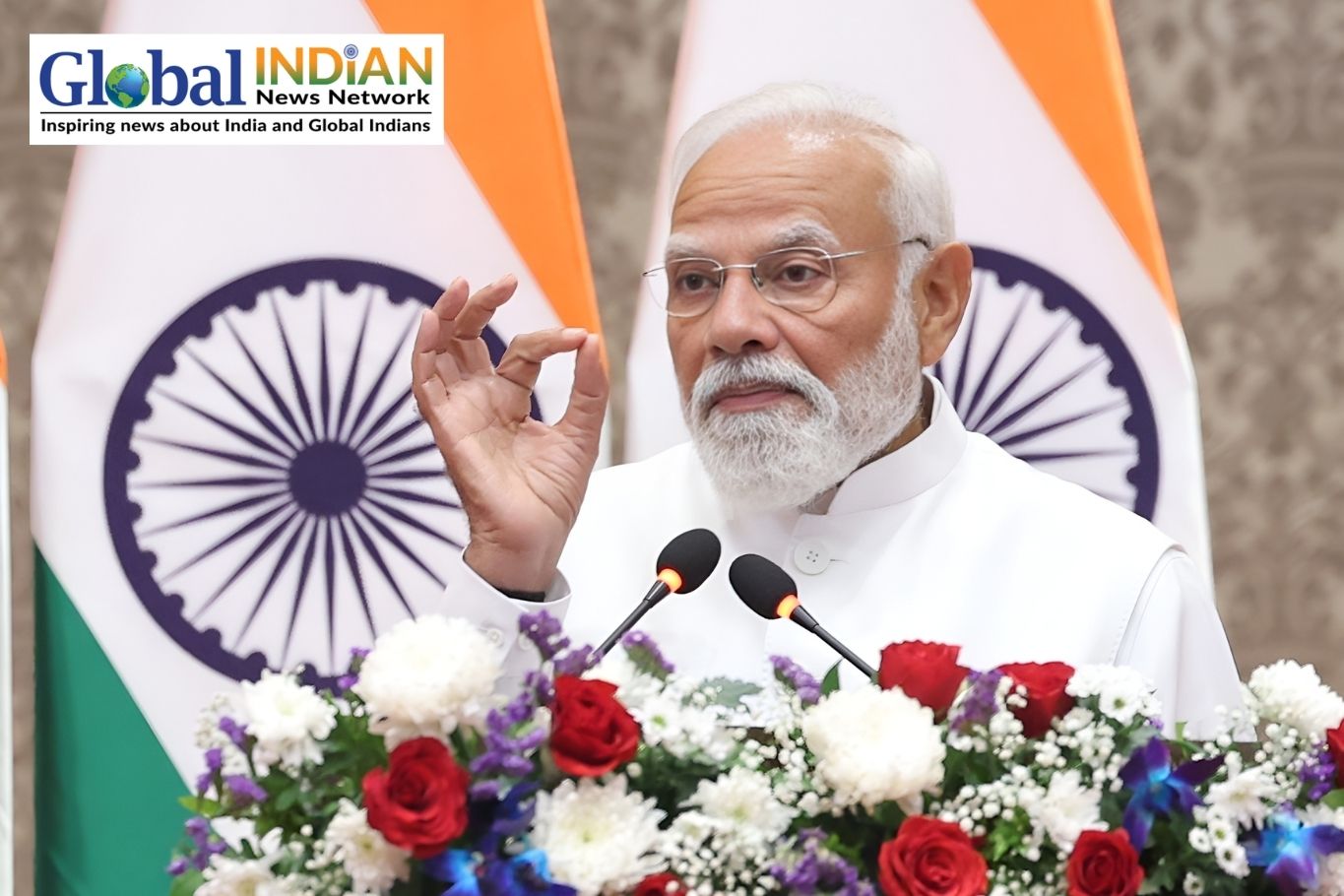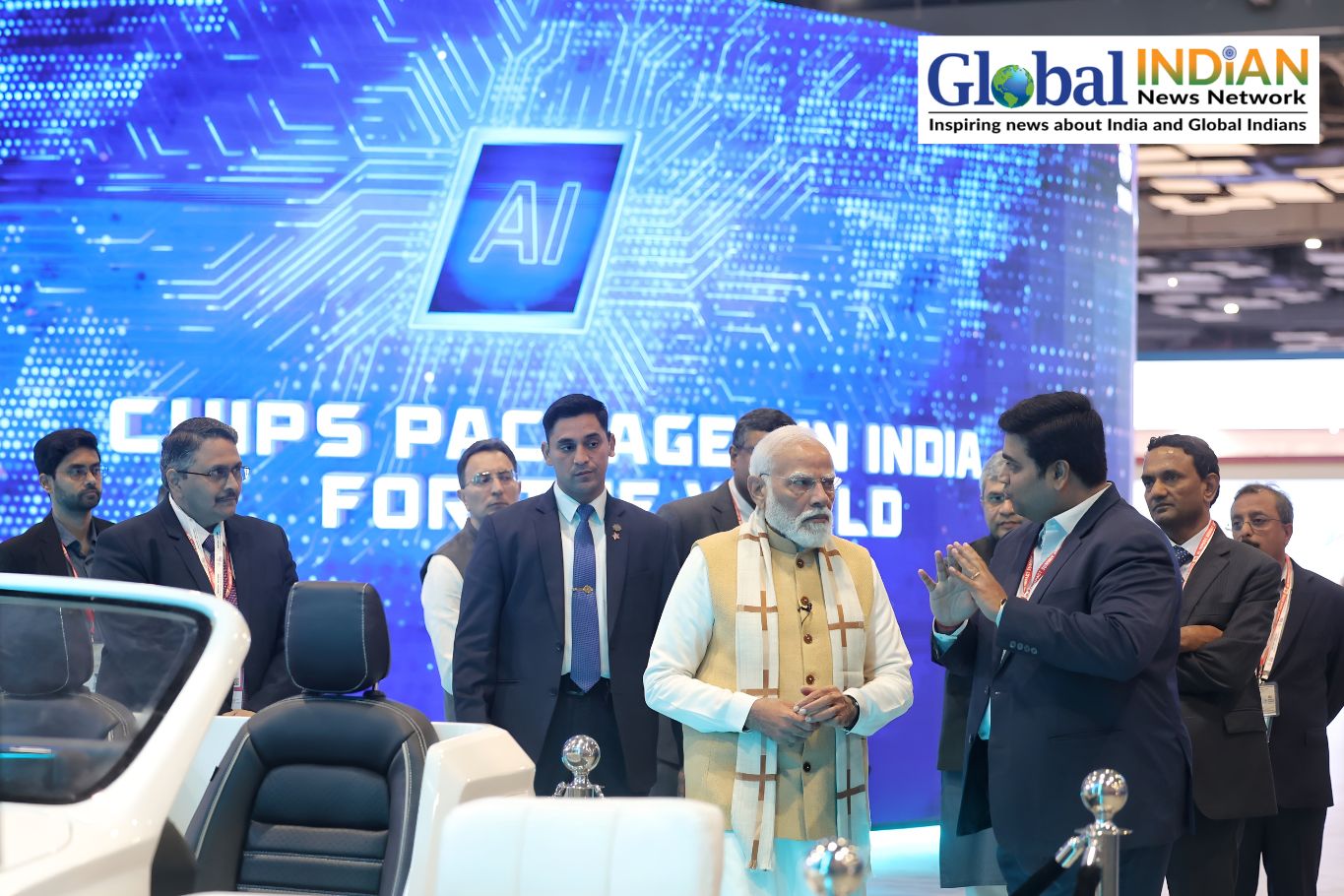
During the 11th high-level task force on investments, India and the UAE inked a Memorandum of Understanding (MoU) aimed at bolstering and advancing industries, with a particular focus on technology transfer, Artificial Intelligence (AI), and space technology, while adhering to the respective laws of both nations.
Mr. Piyush Goyal, India’s Union Commerce Minister, led a delegation to Abu Dhabi for discussions with Mr. Sheikh Hamed Bin Zayed Al Nahyan, who serves as the Managing Director of the Abu Dhabi Investment Authority.
The primary objective of the MoU is to enhance and promote industries in both countries through investments and the application of key technologies. It also envisions leveraging joint funds and collaborative efforts to foster technological development, build institutional and corporate capabilities, and explore other areas of cooperation to be discussed.
In the pursuit of economic growth and diversification for both nations, India and the UAE will collaborate on developing and advancing industries and technologies in strategically important sectors. They will also work together to enhance the resilience of supply chains. This will involve identifying opportunities for Indian and UAE companies to supply raw materials to each other’s markets, thereby diversifying supply chains, and sharing best practices related to industrial enablement and incentivization.
Renewable energy and energy efficiency will be another focus area for cooperation. Both countries will strive to collaborate on advancing energy storage technologies, reducing costs, deploying smart grids and Internet of Things (IoT) solutions for improved efficiency, and engaging in joint research and development activities in renewables and energy efficiency.
India and the UAE are set to join forces in the fields of health, life sciences, pharmaceutical development, and biotechnology, deploying cutting-edge technologies in pharmaceuticals.
Of significant note is the collaboration in artificial intelligence and space technology. The two nations will cooperate on joint research and development projects in space technologies and applications, commercial development, satellite launches for communication and space exploration, as well as earth observation.
The partnership will extend to developing industry-specific AI capabilities, deploying AI technologies across various industrial sectors, enhancing machine learning, and advancing data analytics. Furthermore, both countries will cooperate in the realm of Industry 4.0 enabling technologies, including real-time data processing, machine-to-machine control systems, autonomous robotics, additive manufacturing, and policy-related best practices.
Standardization, accreditation, metrologic conformity assessment, and halal certification will also see collaboration. The two nations will exchange information on procedures, guidelines, and regulated product lists. They will strive to harmonize standards with international requirements and conduct product conformity assessments.
The MoU underscores the importance of protecting intellectual property rights resulting from this collaboration, in accordance with respective laws, rules, regulations, and bilateral or multilateral agreements. Any disputes arising from the interpretation of the MoU will be addressed through consultations and negotiations. The MoU remains in effect for three years from the date of signature unless either party expresses its intention to terminate it.









